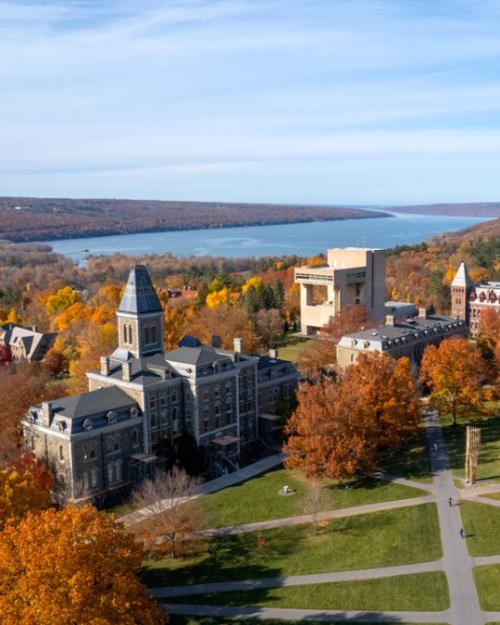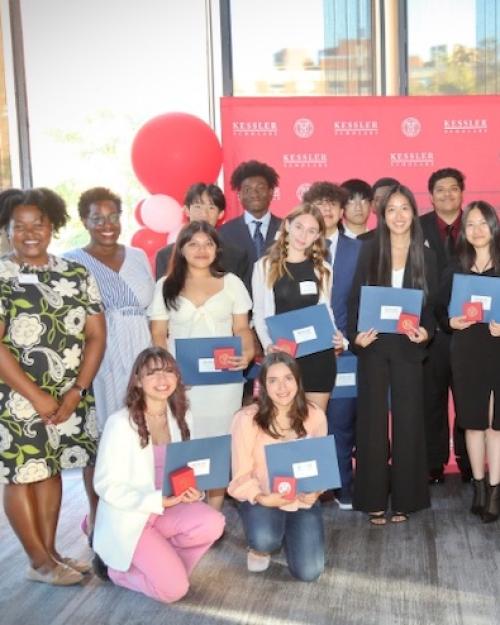First-generation students - the first in their family to attend college - bring a unique perspective the Cornell campus. These students are trailblazers, overcomers, achievers, dreamers and fighters. And they're no small group; 19.9% of the students in the incoming class of 2026 identified as first-generation college students.
To kick off the 2023 First Generation Celebration Week, we gathered insights and advice from first-gen students, alumni and staff; read more below! And learn more about the First Generation & Low-Income Student Support here.
Aminateh Jainteh '26
What does being first-gen mean to you?
To me, being a first-generation student means overcoming all obstacles and bridging generational divides. It entails justifying the hardships and sacrifices my family underwent. It means accepting that mistakes are inevitable as long as I'm prepared to grow from them, move on, and use what I've discovered. It also means keeping an eye out for first-generation people who might find themselves in similar circumstances to mine at some point.
What advice would you offer to other first-gen students?
To all first-generation college students, I believe it is crucial to pursue your passions and aspirations. Although you should keep in mind that you will be the one investing the time and performing the task, I am aware that many people feel under pressure to fulfill family obligations. Furthermore, it's okay to make errors. Being the first person in your family to take this step means that you are in no way expected to know everything or perform everything perfectly.
Andrew Martinez '12
What does being first-gen mean to you?
Being first-generation is an opportunity to prove to myself and others that despite the challenges that come with being "the first," my presence in these "new/unknown" spaces demonstrates my perseverance and work ethic. It is a responsibility to show others that we belong and can thrive in these spaces. Current first-gen students are the role models to their younger peers who may be anxious or feel that they are not welcomed in spaces. Our ability to navigate these spaces, persist, and move on to give back to our community ensures that the challenges first-generation students face now do not continue to inhibit their ability to enter and thrive in spaces where they remain underrepresented.
What advice would you offer to other first-gen students?
We are exceptional, not the exception.
As a recipient of scholarships and a student admitted through an opportunity program, I struggled with the stigma that comes from being a first-generation, low-income, underrepresented student — that I got in because of affirmative action. I was embarrassed at first, but what I realize now is that even if there was some truth to that, the fact that I succeeded speaks to how hard-working, persistent and deserving I was of this opportunity. Too often, I felt like I was the exception – the student with subpar SAT scores, the student who never went abroad, etc. It wasn’t until my mentors reminded me of everything I accomplished that I began to recognize and appreciate my growth in college.





